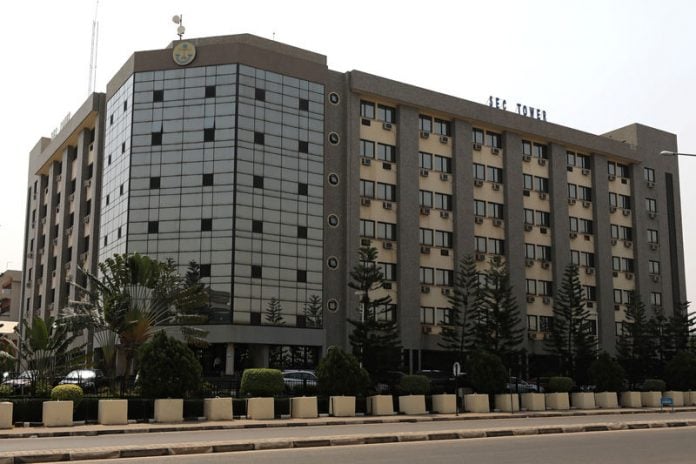Policymakers should begin to explore fiscal policy options to bring down costs in the economy.
The Centre for the Promotion of Private Enterprise (CPPE) says the ongoing conflict between Israel and Iran could lead to significant economic disruptions in Nigeria, including increased inflation, rising energy costs, and tighter credit conditions.
On June 13, Israel launched a fusillade of attacks targeting Iran’s nuclear programme and military leadership.
Israeli defence officials said the missiles killed members of Iran’s general staff, including Hossein Salami, commander-in-chief of Iran’s Islamic Revolutionary Guard, and several senior nuclear scientists.
In response, Iran unleashed ballistic missiles into Israeli territory as explosions were heard over Tel Aviv and Jerusalem on Friday night.
Advertisement
In a statement on Sunday, Muda Yusuf, the chief executive officer (CEO) of CPPE, said while the crisis could boost Nigeria’s oil earnings in the short term, the broader implications for inflation, interest rates, and global trade remain worrying.
“The outbreak of war between Israel and Iran has added a troubling dimension to the challenges of an already floundering global economy,” Yusuf said.
“For the Nigerian economy, the implications are mixed. The development portends a combination of risks and upsides for the economy.”
Advertisement
PETROL, DIESEL PRICES TO RISE ON GLOBAL ENERGY SHOCK
The CPPE chief said global oil prices have jumped 15 percent in the days following the conflict, rising from $65 to $75 per barrel.
This, he noted, would lead to a corresponding spike in the cost of petrol, diesel, jet fuel, and gas in Nigeria — with implications for inflation and business margins.
“Energy cost is a major factor in the Nigerian inflation equation. It impacts production, transportation, and power generation,” Yusuf said.
Advertisement
He warned that Nigerian firms may face “imported inflation” and higher borrowing costs as the central bank and other monetary authorities respond with interest rate hikes.
Despite the risks, Yusuf said Nigeria stands to benefit from stronger foreign exchange (FX) inflows and government revenue if oil prices remain elevated.
“With oil being Nigeria’s biggest forex earner, a sustained rise in prices would positively impact the country’s foreign reserves, ensure better liquidity and help stabilise the naira,” Yusuf said.
He added that the improved fiscal outlook could aid the government’s efforts at fiscal consolidation and narrow the deficit.
Advertisement
The think tank also flagged potential risks to local firms with trade or supply chain links in the Middle East, adding that investors may increasingly seek safe-haven assets, leading to stock market volatility in other parts of the world.
However, the economist said the Nigerian stock market, which historically responds positively to oil price booms, may buck that trend.
Advertisement
“The outlook for the Nigerian stock market is therefore likely to be positive in the current context,” he added.
The CPPE cautioned that oil revenue gains could fuel excess liquidity in the economy if not well managed, warning of exchange rate pressure and inflationary risks if the central bank fails to sterilise monetised oil receipts.
Advertisement







